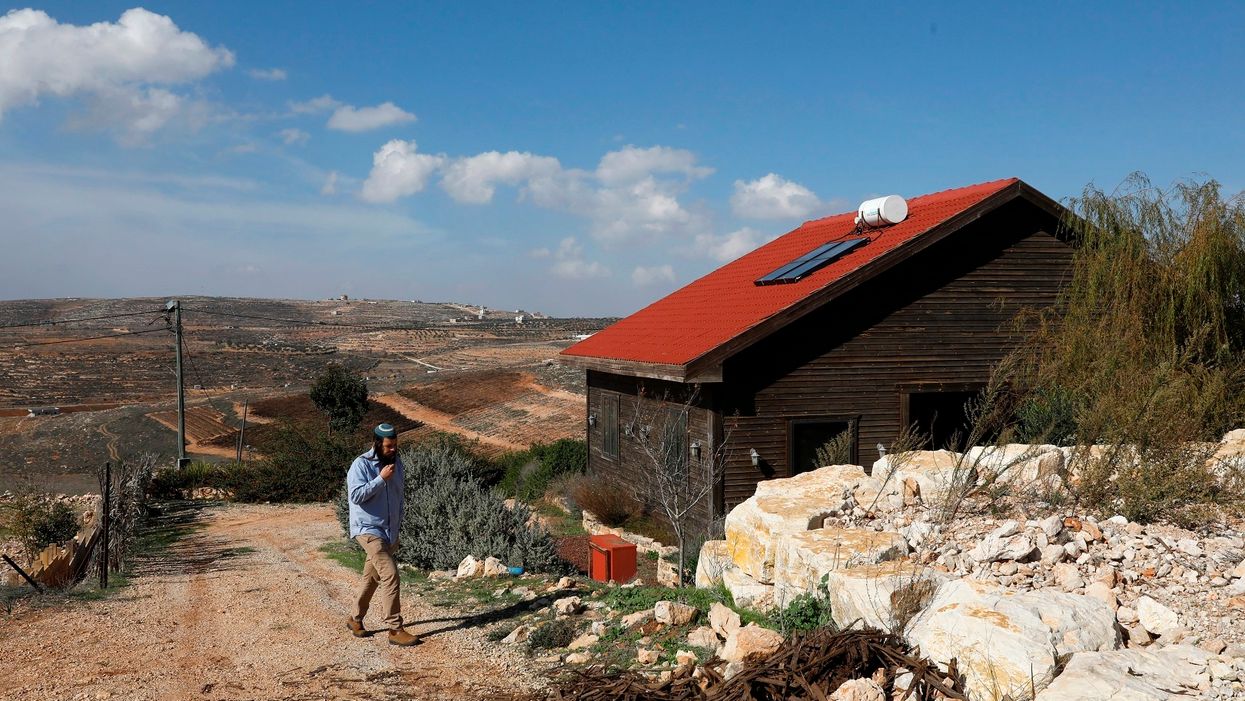
MENAHEM KAHANA/AFP/Getty Images

The company's policy has been met with opposition
Airbnb has denied reports that claimed it was reversing its decision to refuse to list any Israeli-owned properties in the West Bank.
On Nov. 19, Airbnb issued a statement on its website regarding "the approximately 200 Airbnb listings in Israeli settlements in the West Bank and whether they should be available for rent on our platform." The statement said that the company would "remove listings in Israeli settlements in the occupied West Bank that are at the core of the dispute between Israelis and Palestinians."
This decision did not affect Israeli-run Airbnbs in other disputed areas, like East Jerusalem or Golan Heights. Nor did it affect any Airbnbs in the rest of the country. The company also insisted that this move did not mean that it was boycotting Israel, or supporting the BDS movement. The BDS movement seeks to boycott, divest from, and sanction Israel until it meets its demands regarding land disputes with the Palestinian people.
Airbnb has been sued in both U.S. and Israeli courts over this decision.
On Monday, the Israeli news outlet Haaretz reported that Airbnb had decided to rescind this policy. Israeli Tourism Minister Yariv Levin (who had reportedly met with representatives from Airbnb earlier that day, including Airbnb Vice President Chris Lehane) called this "a step in the right direction" and promised to "continue to make sure all Israeli citizens get equal treatment, and keep on strengthening tourism in Israel."
The company itself quickly responded denying that there had been any change.
"The reports issued earlier today are inaccurate," Airbnb's corporate office said, according to The Hill. The company claimed that its representatives had met with shareholders in Israel, and "as a result of our meetings have an even deeper understanding that this is an incredibly complex and emotional issue." It also promised to continue its "dialogue with the Government of Israel and other stakeholders," but stressed that it was still "developing the tools needed to implement our policy" of not listing Israeli-owned properties in the West Bank.